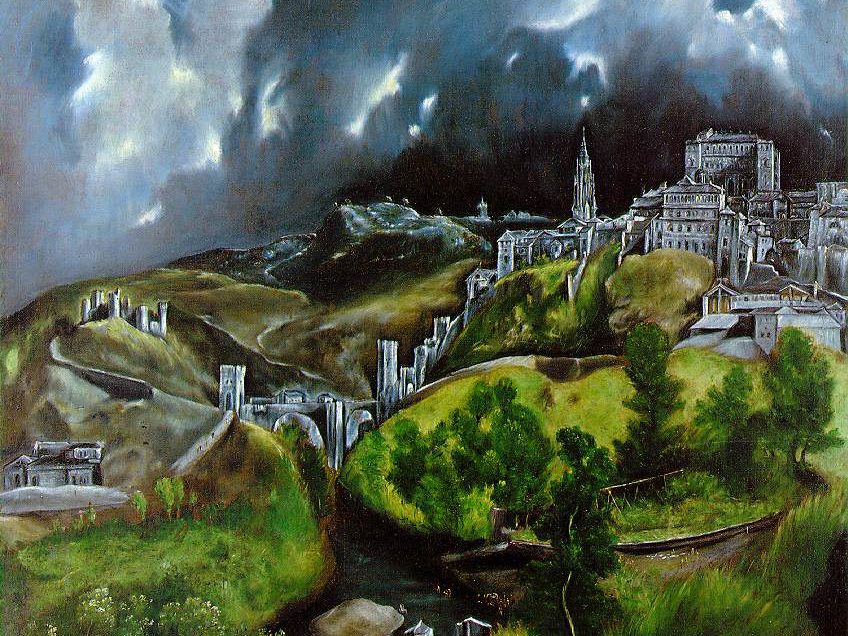This, our last week of assigned readings, we consider the quality of ‘transcendental’ in the politics, economics, culture, and personal dynamics of coloniality.
We kicked off with a set of working definitions of empire, colonies, imperial and colonial subjects, expansions and settlements, colonialism, coloniality, and postcolonial and decolonial thought.
With Biko’s black consciousness we revisited disidentifications, and passing; with Mbembe’s necropolitics we remembered biopower, communities, and sovereignty; with Maldonado Torres and Ndlovu’s advocating for decolonial thought we considered and reconsidered race, earth, hierarchies, and history; and with Sánchez, we revisited Boyle Heights, District Six, and Waikoloa Beach alongside Andalusi studies and comparativism, to better relate to tolerance, convivencia, multiculturalism, and danger.
We acknowledged that the time and space in which we find ourselves make it extremely hard for us to think of bringing our final projects to fruition. Hence, we are going to reconvene next Tuesday to discuss possibilities and our various venturings into reading and writing.

In the meantime, please post your reflection on this week’s discussion on transcendental coloniality. By 5pm on Saturday, if you can.

